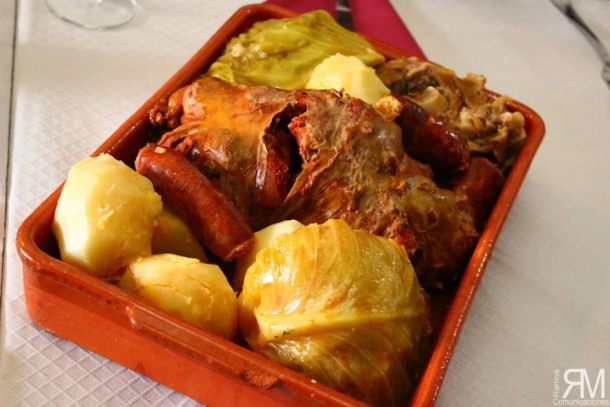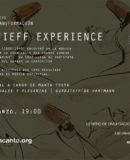Guiri Gastronomes?
Guiri Gastronomes?
AJ Linn
A bar-restaurant owner who is a good friend commented to me the other day that in his experience foreigners are not interested in authentic Spanish cuisine. He explained, ‘All they order is what they call paella, and fried calamares’, adding, ‘and they don’t even know how to eat these. Often they drink coffee with their tapas!’
While foreign visitors to Britain can be seen clutching restaurant guides while searching out the best pub food and the typical roast beef, fish and chips, etc, here most non-nationals make little effort to try the great traditional dishes.
The platos de cuchara, or spoon dishes, are Spain’s unsung glory, and range from fabada (beans) to lentejas (lentils) with many variations in between. Cheap and nourishing, originally peasant food, they seem not appeal to foreign taste buds.
There are a number of restaurants where classical dishes can be savoured, and you can forget TripAdvisor and Michelin. Many, in true Spanish style, open only at lunchtime. In Málaga of course there are dozens of terrific eating-places. Marbella’s Sidrería Usategui is an authentic Asturian cider house transposed to the Costa; fabada features every day. Ojen’s Casa Paco, and La Cancelada’s La Sal get top marks, but for the most traditional examples of authentic Spanish cuisine, you have to dig deep.
The classical León dish of Botillo del Bierzo is cooked to order at a small restaurant in Arroyo de la Miel, La Espiga. The name and characteristics of the dish are protected by law. Made entirely of pork products including ribs, tail, snout, trotters and tongue, a week is needed to prepare it. The meat is stuffed into a pig’s bladder, which is smoked over oak chips before curing. Served boiled with potatoes and cabbage, great care is taken not to break the outer casing. Eaten with generous quantities of red wine and country bread, there can be little doubt it is one of Spain’s great classical feasts. Possibly due to its peasant origins, it is remarkably inexpensive.
Disclaimer: The views, opinions and positions expressed within this guest article are those of the author AJ Linn alone and do not represent those of the Marbella Marbella website. The accuracy, completeness and validity of any statements made within this article are not guaranteed. We accept no liability for any errors, omissions or representations. The copyright of this content belongs to AJ Linn and any liability with regards to infringement of intellectual property rights remains with the author.














The opinions expressed by individual commentators and contributors do not necessarily constitute this website's position on the particular topic.